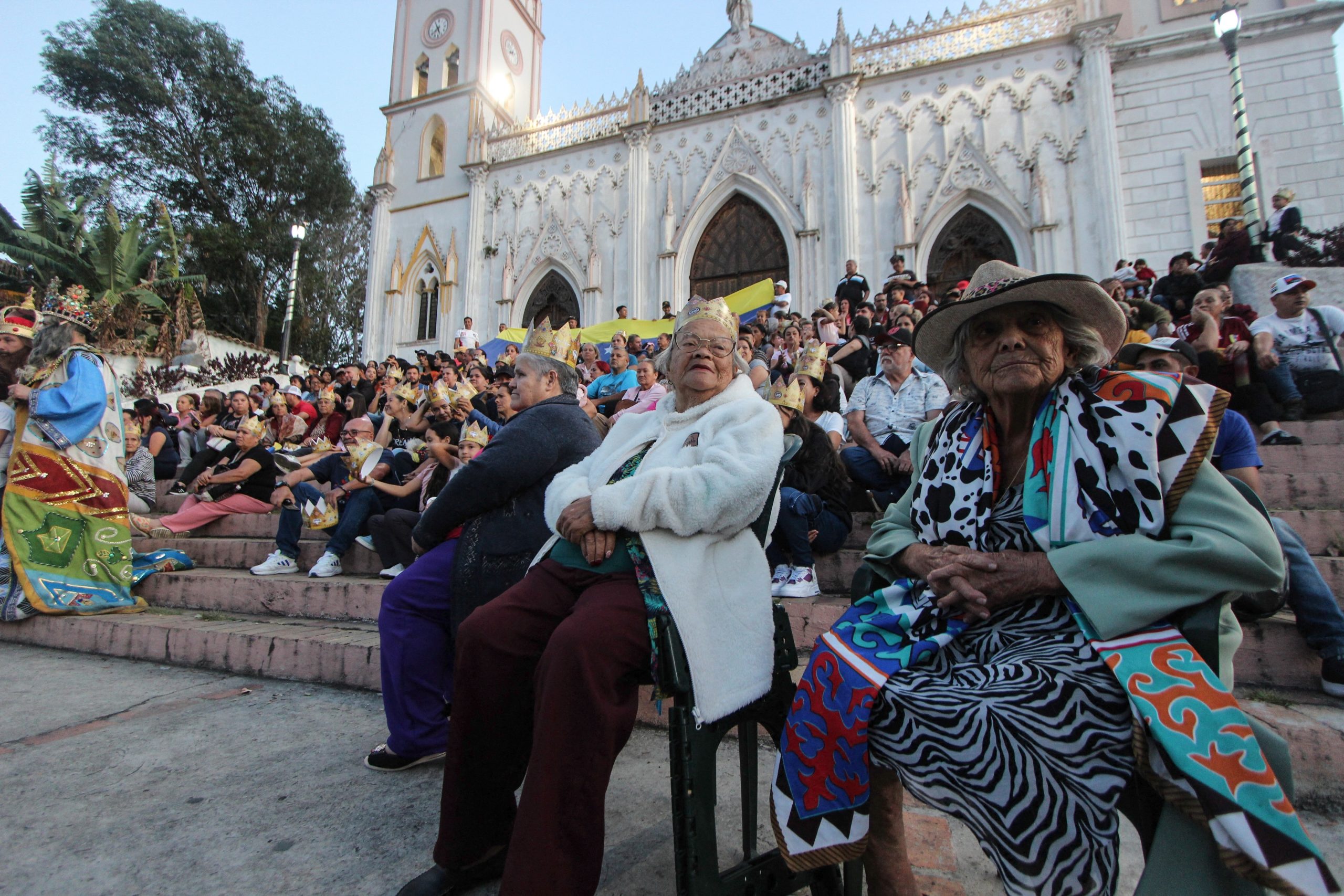A federal appeals court on Wednesday upheld a temporary block on the Trump administration’s attempt to deport migrants under the Alien Enemies Act, a World War-era power that rarely gets invoked. The 2-1 decision by the U.S. Court of Appeals for the D.C. Circuit halts the administration’s action to bypass immigration court hearings and deport members of the Venezuelan Tren de Aragua gang to El Salvador, pending further legal action.
The suit centers on the government’s invoking of the Alien Enemies Act, a law giving the president powers to deport aliens during a declared war or invasion. The Trump administration justified the move on the grounds of national security, but the court remarked that the ruling would be of limited scope. The ruling was made by U.S. District Judge James E. Boasberg, who wished to suspend the deportations pending the determination of their legality.
Circuit Judges Karen Henderson and Patricia Millett were inquisitive regarding the application of the law, noting that it was always applied only in the case of actual armed conflicts. Henderson marked that the act was enacted in the Quasi-War against France in 1798 and was worried about its applicability in the context of migration. Millett further opined that denying migrants a mechanism for contesting their classification as gang members offended the ideals of a just legal process.
The court decision is a temporary setback for the Trump administration, which had sought to expedite the deportation of individuals it identified as members of the Tren de Aragua gang. The gang has been accused of illegal conduct like human trafficking, extortion, and violence. The legal challenge is still ongoing, and Judge Boasberg will eventually rule on the constitutionality of applying the Alien Enemies Act to deportation.
The decision was embraced by human rights groups that campaign for civil liberties, like the ACLU, who argued that the decision promises migrants due process rights. As a lawyer in the ACLU, Lee Gelernt said the decision prevents the deportation of individuals without the opportunity to fight their removal. The suit will most probably continue with further legal confrontations as the two camps await the final ruling.




